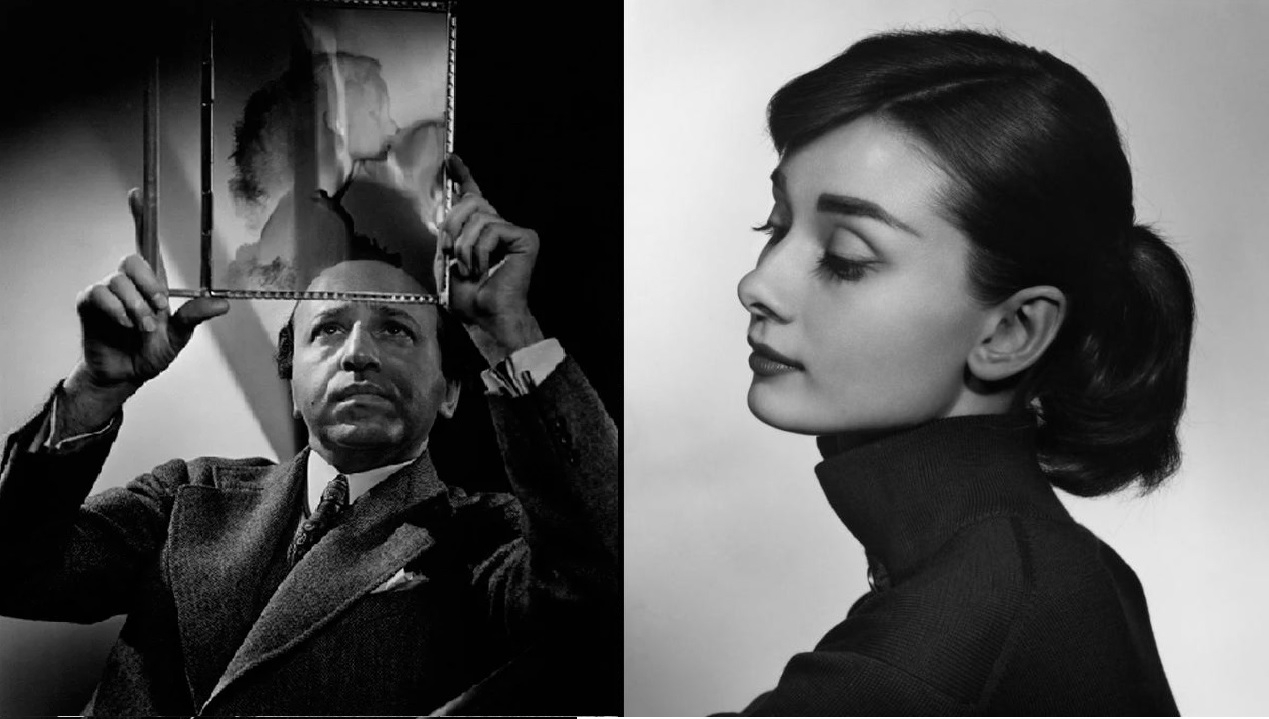Of capturing divine spark
| Date :18-Mar-2025 |
By Vijay Phanshikar :“Photography is, to me, more than a means of expression, more than myparticular profession – it is a way of life. And if I were asked to choose one word which holds the key to my work I would select ‘light’ – for light is my language, and it is international, readily understood by any person of any race. It has been my goodfortune to welcome before my camera many great men and women who have made their mark on our generation and will find a place in history. I feel that my life’s work is to interpret the best of my ability, the inner strength, the true character, of thesepersonalities, through the medium ofphotographic portraiture. I can think of no elation equal to that when something close to my ideal is achieved, though necessarily there must always be a spark of what I call ‘divine discontent’ – the constant striving for near-perfection. In this self-appointed task, which also carries, I believe, a great sense of responsibility, the medium of light is all important. It is the portraitist’s chief tool, and he can never learn enough about it.”- Yousuf Karsh,Celebrated portrait photographerwhose collection of portraitsof human legends‘Faces of Destiny’ is considered iconic.
THE very name -- Yousuf Karsh -- makes heads bow in reverence. Such was the aura of the man who raised photography to a level of spiritual pursuit, particularly while capturing portraits of human legends. His book ‘Faces of Destiny’ still remains
unsurpassed by any other book of that kind. But the speciality of the man’s art was in his pursuit to capture what he called ‘divine spark’ that he noticed in those great
personages that stood or sat before
his camera.
The secret of Yousuf Karsh’s success with the camera portraiture of great personalities was in his ability to establish a spiritual connect with the subject. ‘Light’ was what he looked for when he stood behind the camera and looking at his subjects. True, it is light that is the soul of photography. However, for Yousuf Karsh, ‘light’ meant something much more than just the
physical light that fell on the subject.
Possibly, he was looking for a ‘light’
emanating from the subject. Possibly, the inner light !
If Karsh could capture that inner light, as one can assess from this quote of his, he felt satisfied. For, in his comprehension, to be able to capture the inner light meant achieving a near-perfection in the
portraiture. In other words, Yousuf Karsh described that inner light as a spark of ‘divine discontent’ as well. In other words, divine discontent may be interpreted as the person’s inner indulgence to achieve a finer level within.
What an approach to the art of
photography -- ‘spiritual’, as one may call it
But then, most artists are known to
develop only such an approach to their art and their subjects and their
presentations and their
expression.
For them, art is the language of the soul, a bridge between souls, a metaphor of human
manifestation of divine oneness.
With such an approach to his art and his subjects, it was no wonder that Yousuf Karsh could achieve very fine portraitures of great personalities. ‘Faces of Destiny’ brings to fore those very fine nuances of those
personalities, their sparks of divine
discontent -- of course, riding on ‘light’, which Karsh said no photographer could do without.
Of course, photography means utilising light. But those who know science and art of photography beyond just clicking also realise the importance of the shade or
shadow that plays a hide and seek with light on any subject -- human or otherwise. Karsh, too, was aware of that play of light and shade. Yet, when he talked of ‘light’ as the core point in photography, he seemed to mean the ‘light’ emanating from the
subject -- of course, in an inseparable mix with shade.
But then, what Yousuf Karsh did with his camera was to portray the poetry of the spark of divine discontent peeping through the human persona.

